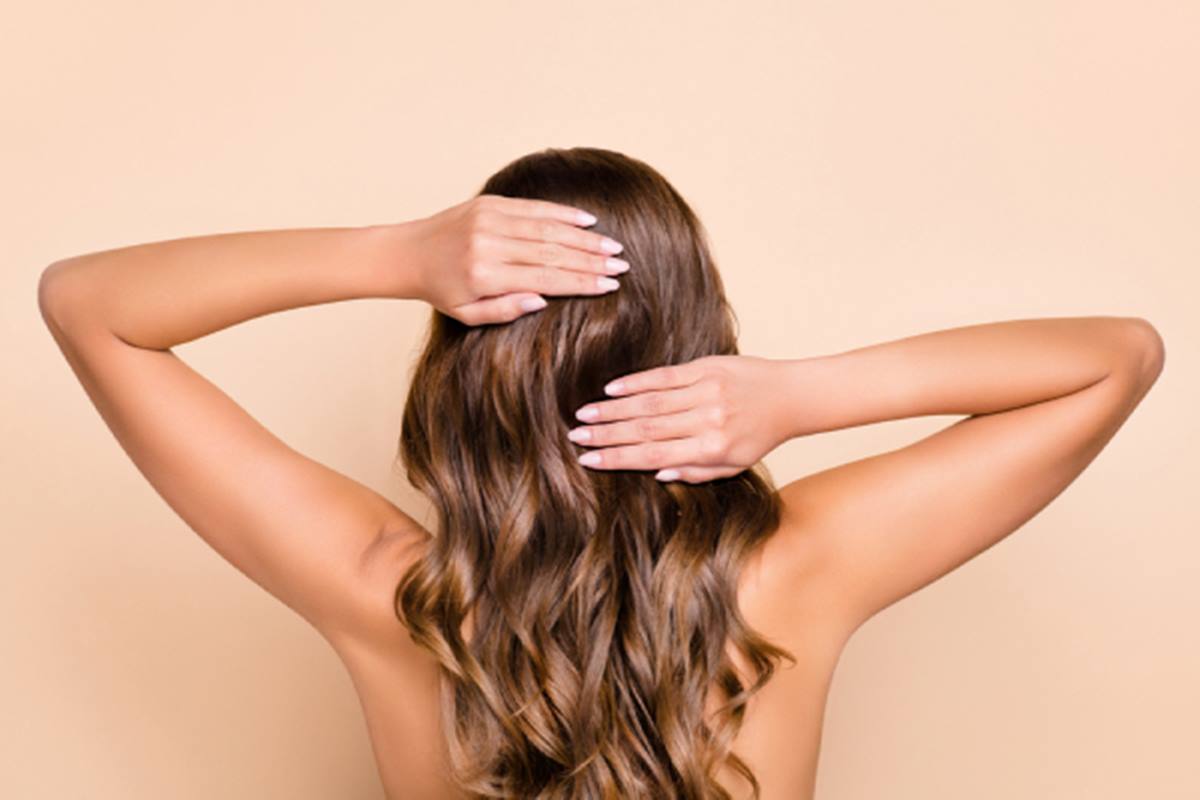During the winter, many of us experience excessive hair loss and severe dandruff. Have you ever wondered why this happens? Winters are extremely dry seasons, leading to the absorption of moisture from the scalp and hair. This makes them exceptionally brittle and the scalp flaky. One of the major challenges in winter hair care is maintaining hydration for your scalp and hair. In this guide, we won’t delve into expensive products; instead, we’ll discuss a few golden rules for your hair care routine aimed at safeguarding your mane during harsh winters.
1. Avoid Hot Water Showers
While hot showers provide relief in cold weather, they might be doing the opposite for your hair. The use of scalding hot water strips your hair and scalp of natural moisture, leaving your hair brittle and weak, and your scalp dry and flaky. Using freezing cold water, on the other hand, can lead to catching the flu. Opt for lukewarm water to reduce the chances of hair damage.
Advertisement
2. Be Gentle While Cleansing
The habit of rigorously scrubbing the scalp with shampoo, thinking it removes grime and dirt more efficiently, is counterproductive. Vigorous scrubbing strips your hair of its natural oils. Invest in a shampoo that suits your hair type, and massage your scalp gently while shampooing to keep it hydrated and clean without removing essential oils.
3. Avoid Styling Equipment
While there are heat protectors in the market, most cannot offer 100% protection when styling equipment is used on hair. Excessive styling can loosen hair strands, making your hair dull and less shiny, and hindering hair growth.
4. Use a Hair Mask
Cold air outside absorbs moisture from the scalp, and using poor-quality shampoo can exacerbate the problem. Invest in a quality hair mask to nourish your hair and scalp, maintaining their softness. You can even create effective hair masks at home using kitchen staples like yogurt, milk, honey, lemon, and others.
When venturing outside, the best way to protect your hair is to use a cap or hat. Ensure it’s made of a soft material to prevent damage to your tresses. Hope these golden rules help you.









